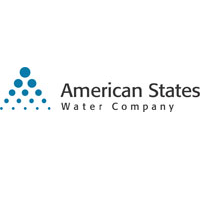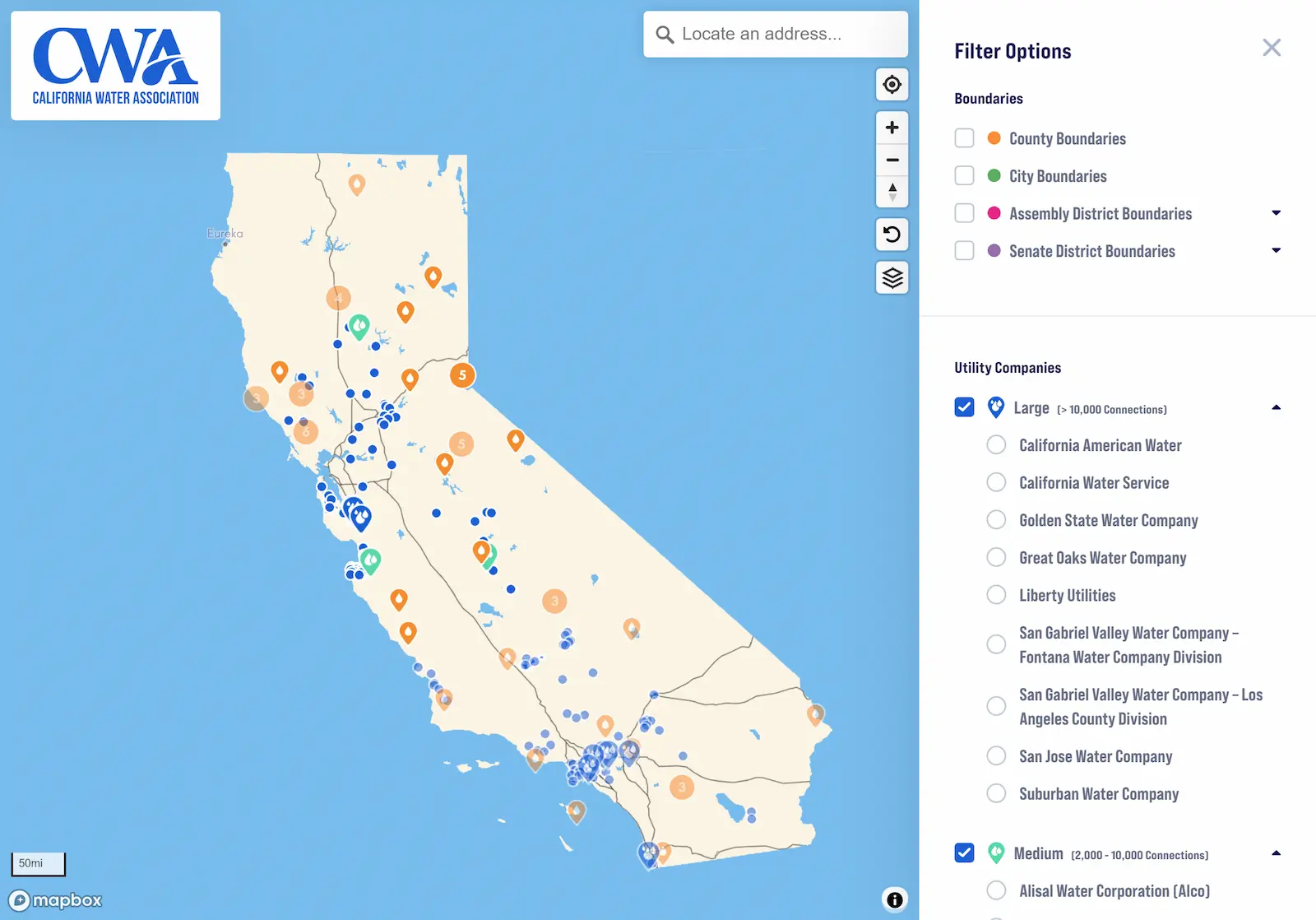Noting that the interests of investor-owned water utilities’ (IOUs) must be protected to the same degree as their public water agency counterparts, Golden State Water Company’s Chief Hydrogeologist and Water Resources Manager Toby Moore told the attendees at the Association of Ground Water Agencies – American Ground Water Trust Annual Conference in February that water IOUs must be accorded full representation on the evolving Groundwater Sustainability Agencies (GSAs).
A major byproduct of the Sustainable Groundwater Management Act of 2014 (SGMA), GSAs are the new entities envisioned by the state legislature as the vehicles that will manage the groundwater sustainability plans under which all non-adjudicated groundwater basins in California ultimately will be managed. SGMA is designed to empower local water agencies to manage groundwater basins within their jurisdiction on a sustainable basis. It excludes adjudicated basins that are currently under the control of local superior court judges (except for certain reporting requirements), and it sets goals and deadlines for creation of GSAs and sustainability plans, depending on the basin’s priority designation, as documented by its overdraft condition.
Dr. Moore explained to the audience that GSAs under SGMA are defined as “one or more local agencies,” where local agencies are deemed to be “Local Public Agencies.” A water corporation regulated by the California Public Utilities Commission may only participate in a GSA if the other local agencies approve. Because water IOUs are prominent operators and management leaders in certain basins, this membership inequity in GSAs cannot be allowed to continue, Moore said. He noted that the California Water Association is working on “clean-up” legislation during 2015 that will rectify this deficiency in SGMA.
The need to provide full representation for water IOUs, Dr. Moore explained, lies in the benefits that will accrue to water utilities and their customers from the successful implementation of SGMA and establishment of the GSAs. Among them are:
- Long-term water supply predictability and reliability
- Respect for groundwater rights among the members of the GSA
- Stakeholder involvement and coordination in reaching agreements on the development of the basin’s sustainability plans
Equally significant, Moore noted, is that full GSA membership will help mitigate the risks associated with the GSAs:
- Short-term uncertainty (in governance, overlapping water management structures and plans, water rights and cutbacks in extractions, and costs)
- Longer-term expense and regulation associated with governance formation, studies and modeling, groundwater monitoring, supplemental supplies, etc.
- Potential need for adjudication even with the creation of GSAs
Dr. Moore concluded his presentation by explaining that the interests of government-owned water agencies and water IOUs are aligned in most instances with respect to the structure and management of GSAs. He described a number of basins in southern, central and northern California where existing groundwater management (including adjudicated basins) was effective and where water IOUs were equal partners in that management. He encouraged water IOUs to aggressively participate in GSA and sustainability plan development to ensure that their customers’ interests are fully represented.





